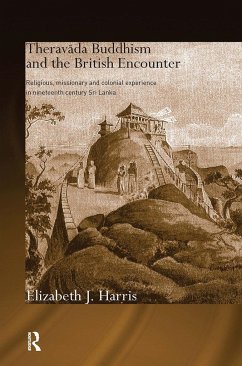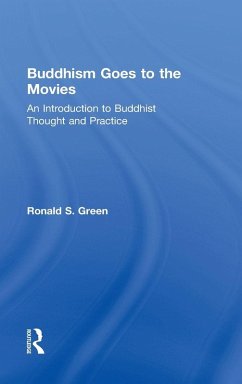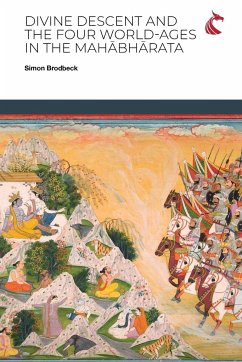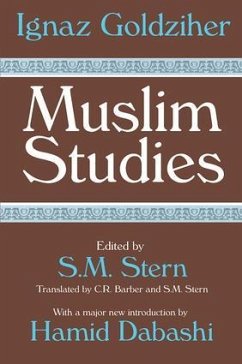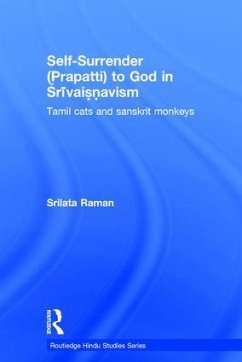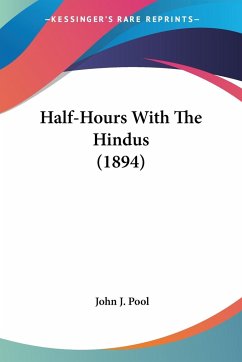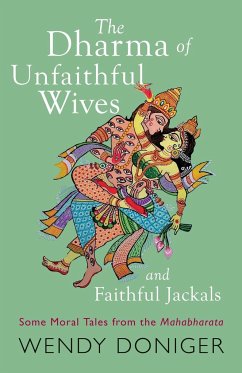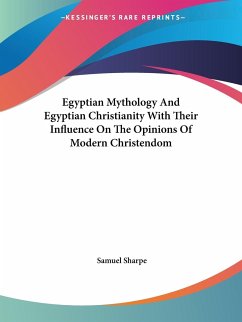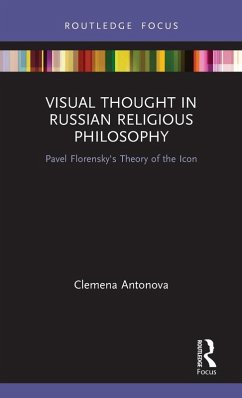
In Dialogue with the Mah¿bh¿rata
Versandkostenfrei!
Versandfertig in 1-2 Wochen
185,99 €
inkl. MwSt.
Weitere Ausgaben:

PAYBACK Punkte
93 °P sammeln!
The Mah¿bh¿rata has been explored extensively as a work of mythology, epic poetry, and religious literature, but the text's philosophical dimensions have largely been under-appreciated by Western scholars. This book explores the philosophical implications of the Mah¿bh¿rata by paying attention to the centrality of dialogue, both as the text's prevailing literary expression and its organising structure. Focusing on five sets of dialogues about controversial moral problems in the central story, this book shows that philosophical deliberation is an integral part of the narrative. Black argues...
The Mah¿bh¿rata has been explored extensively as a work of mythology, epic poetry, and religious literature, but the text's philosophical dimensions have largely been under-appreciated by Western scholars. This book explores the philosophical implications of the Mah¿bh¿rata by paying attention to the centrality of dialogue, both as the text's prevailing literary expression and its organising structure. Focusing on five sets of dialogues about controversial moral problems in the central story, this book shows that philosophical deliberation is an integral part of the narrative. Black argues that by paying attention to how characters make arguments and how dialogues unfold, we can better appreciate the Mah¿bh¿rata's philosophical significance and its potential contribution to debates in comparative philosophy today. This is a fresh perspective on the Mah¿bh¿rata that will be of great interest to any scholar working in religious studies, Indian/South Asian religions, comparative philosophy, and world literature.





